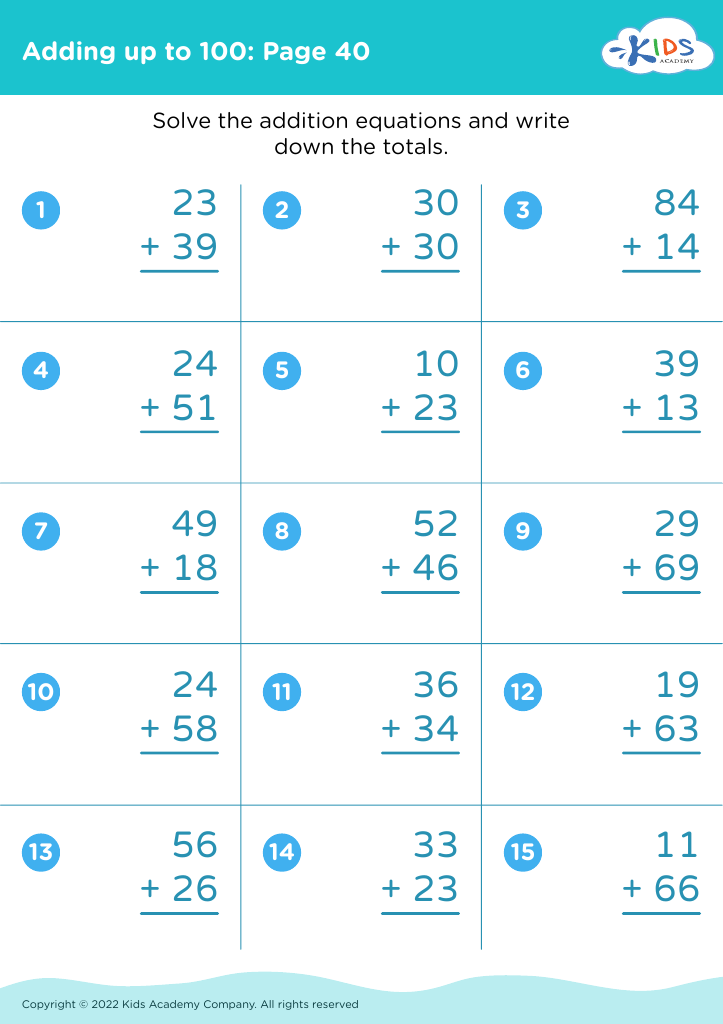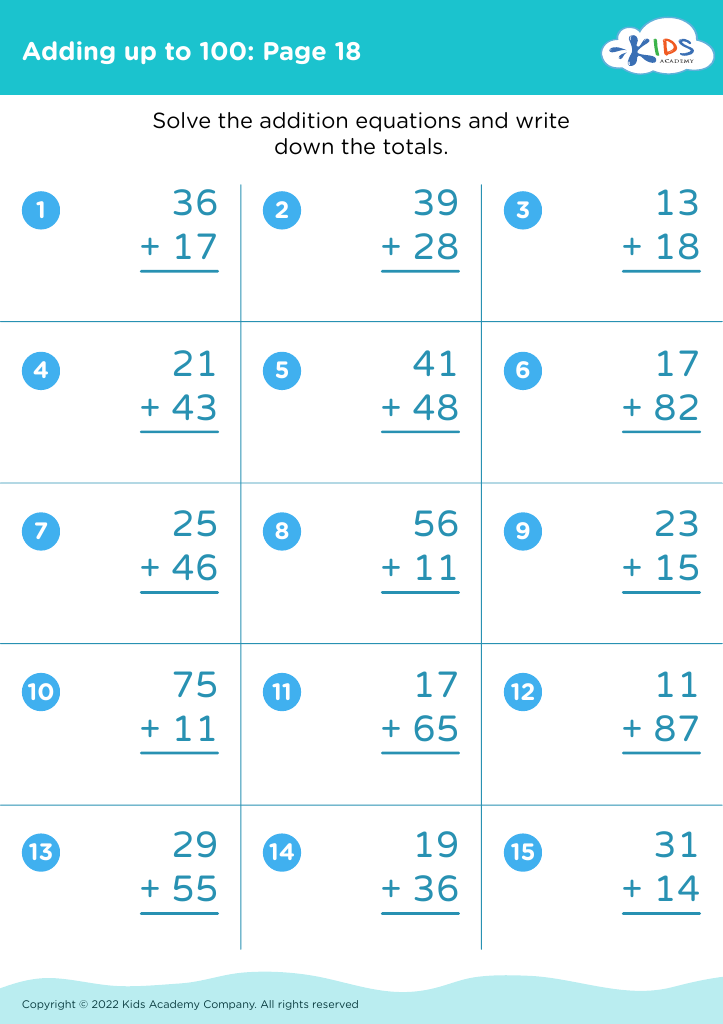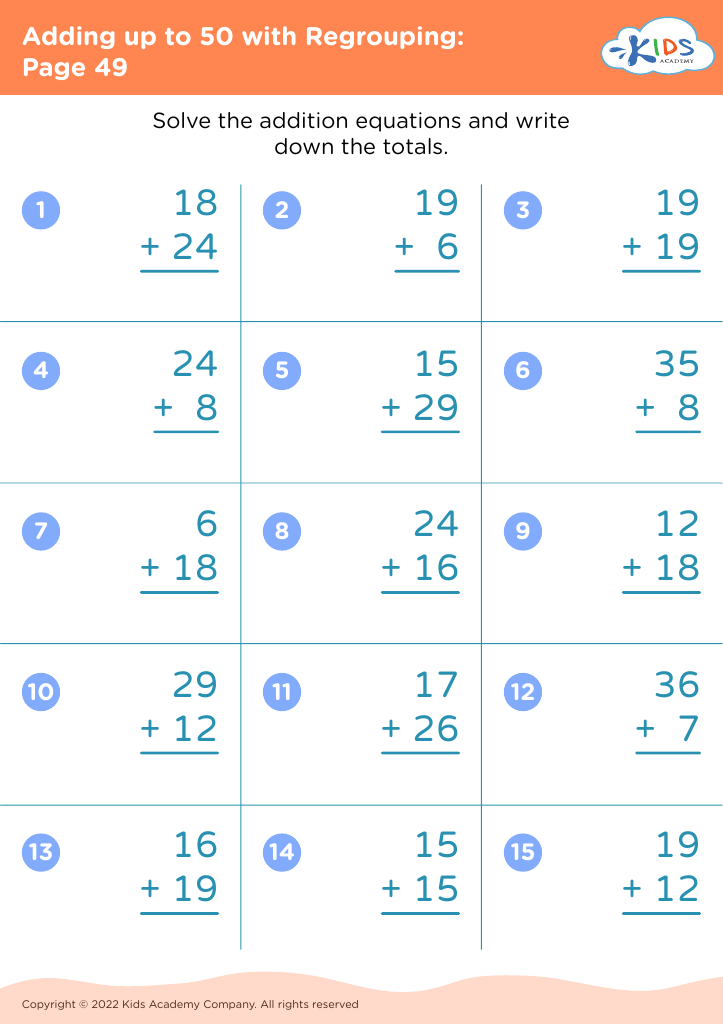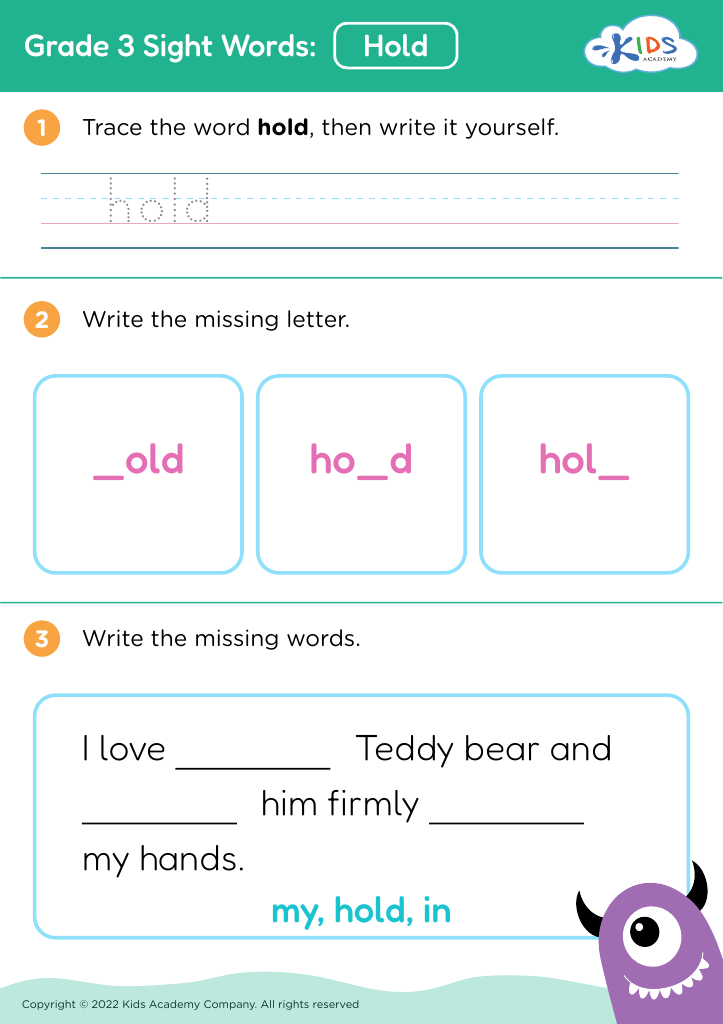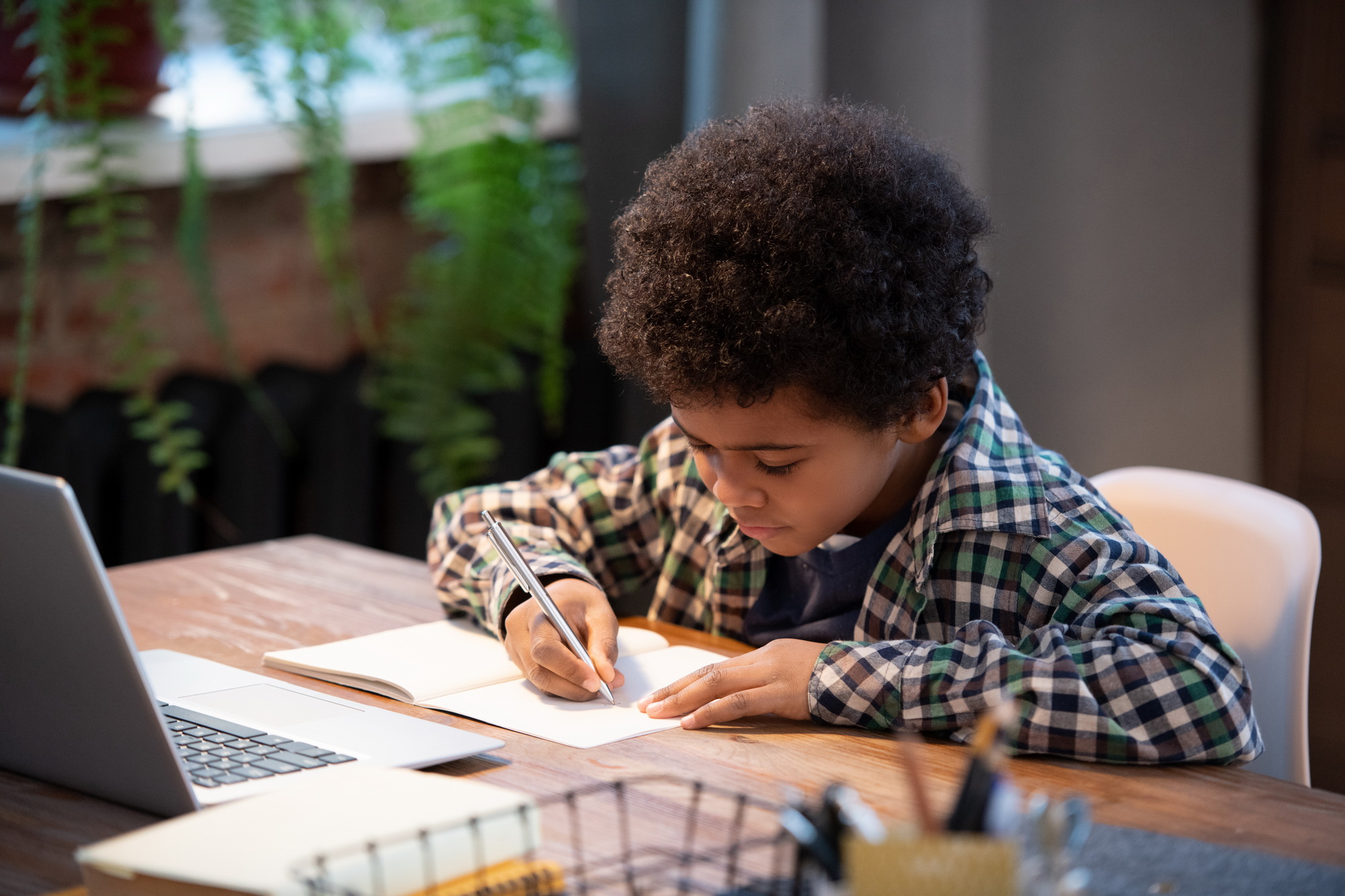Develop fine motor skills Worksheets for Ages 5-9
13 filtered results
-
From - To
Unlock your child's potential with our engaging fine motor skills worksheets designed for ages 5-9. These printable resources are specifically crafted to enhance coordination and dexterity through fun activities like tracing, cutting, and drawing. Each worksheet encourages creativity while promoting essential skills needed for everyday tasks such as writing and self-care. With colorful illustrations and interactive exercises, children will enjoy developing their fine motor abilities in a playful and stimulating environment. Perfect for homeschooling, supplementary education, or classroom use, these worksheets provide the foundation for your child’s learning journey. Explore our collection today and foster fine motor development through play and practice!
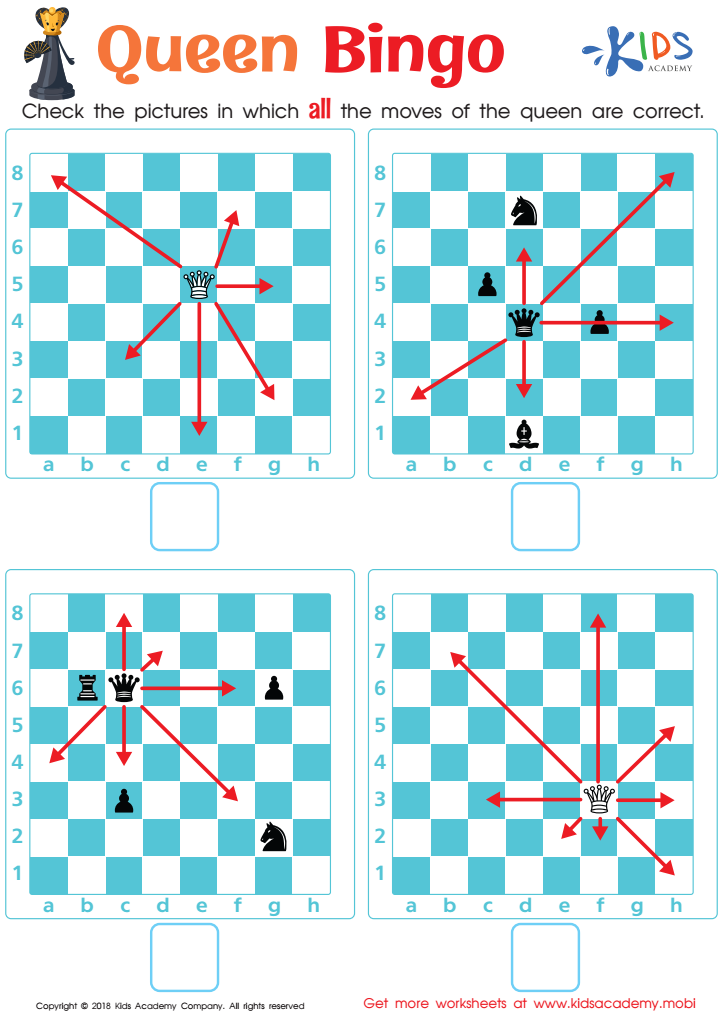

Queen Bingo Worksheet
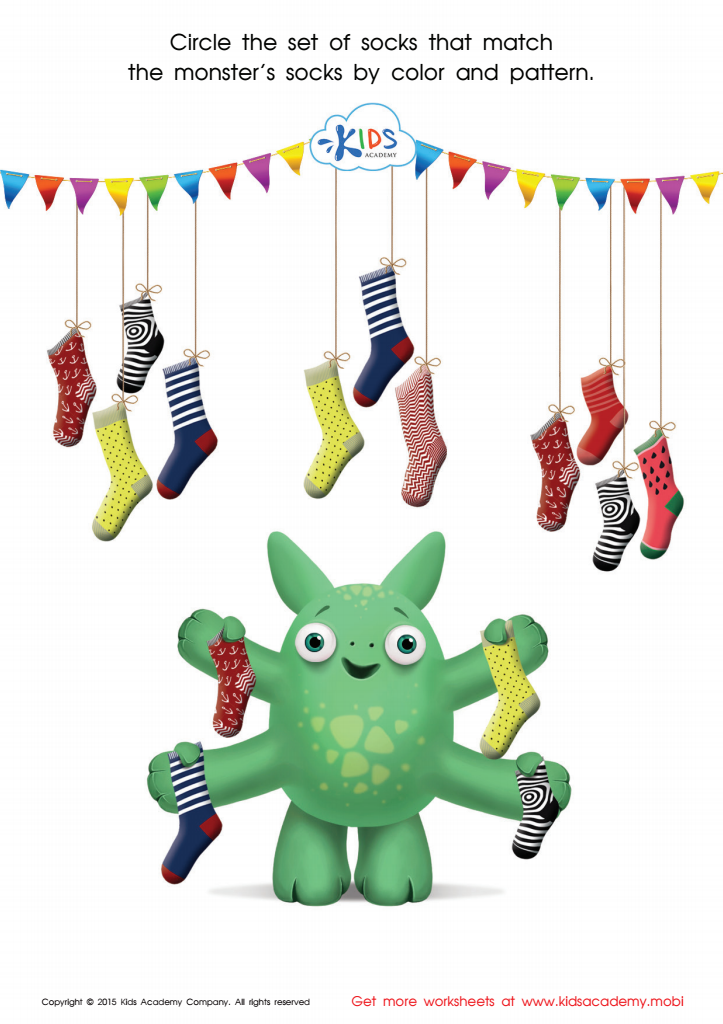

Connecting the Monster's Socks Printable
Developing fine motor skills is crucial for children aged 5-9 as it lays the foundation for their overall development and academic success. These skills refer to the ability to use small muscles in the hands and fingers to perform precise movements. Fine motor skills enable children to engage in important everyday tasks such as writing, drawing, using scissors, and fastening clothes, which significantly enhances their independence.
For parents and teachers, fostering fine motor skills is essential for boosting a child's confidence and self-esteem. As children master these skills, they experience a sense of accomplishment, which motivates them to tackle more complex tasks. Additionally, fine motor development is closely linked to cognitive development, as activities that require precision can enhance brain function and coordination.
Moreover, these skills play a role in social interactions, allowing children to participate in group activities and games that require sharing tools or materials. By prioritizing fine motor skill development, parents and teachers provide children with crucial tools for learning and daily life, supporting their growth into capable, confident individuals. In turn, this preparation aids their readiness for more advanced academic challenges as they progress through their educational journey.



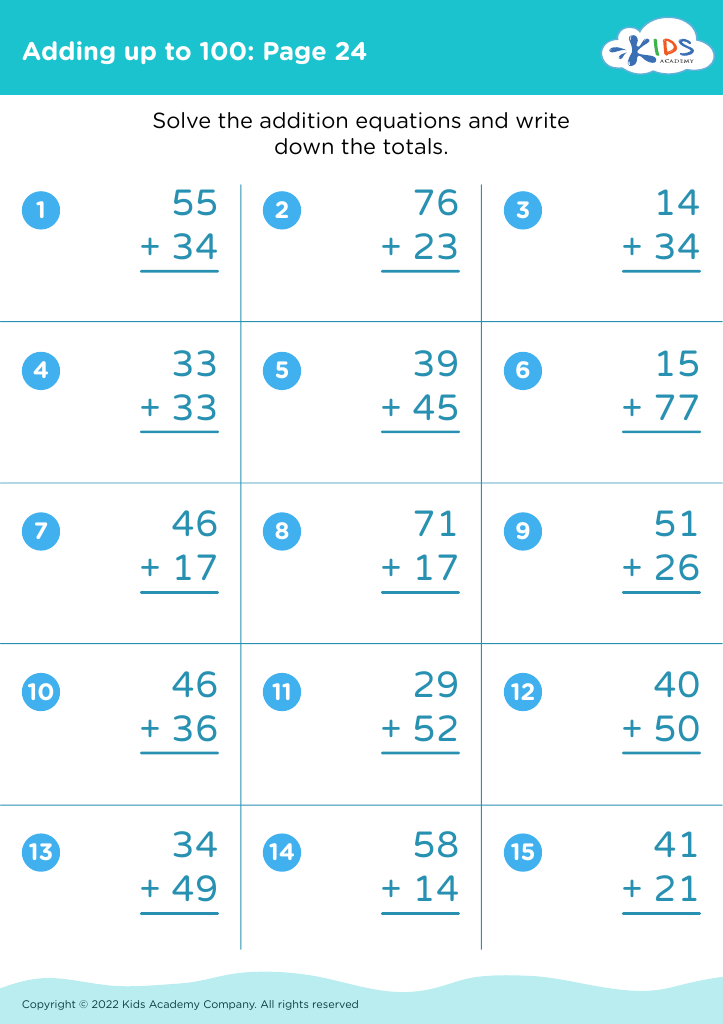

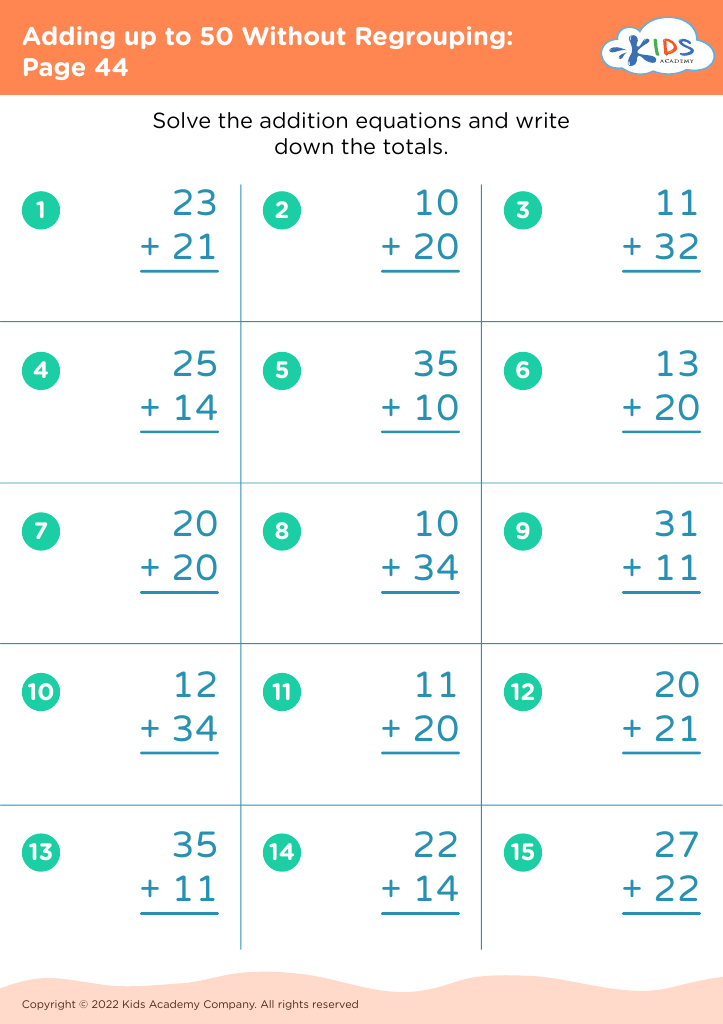
 Assign to My Students
Assign to My Students
